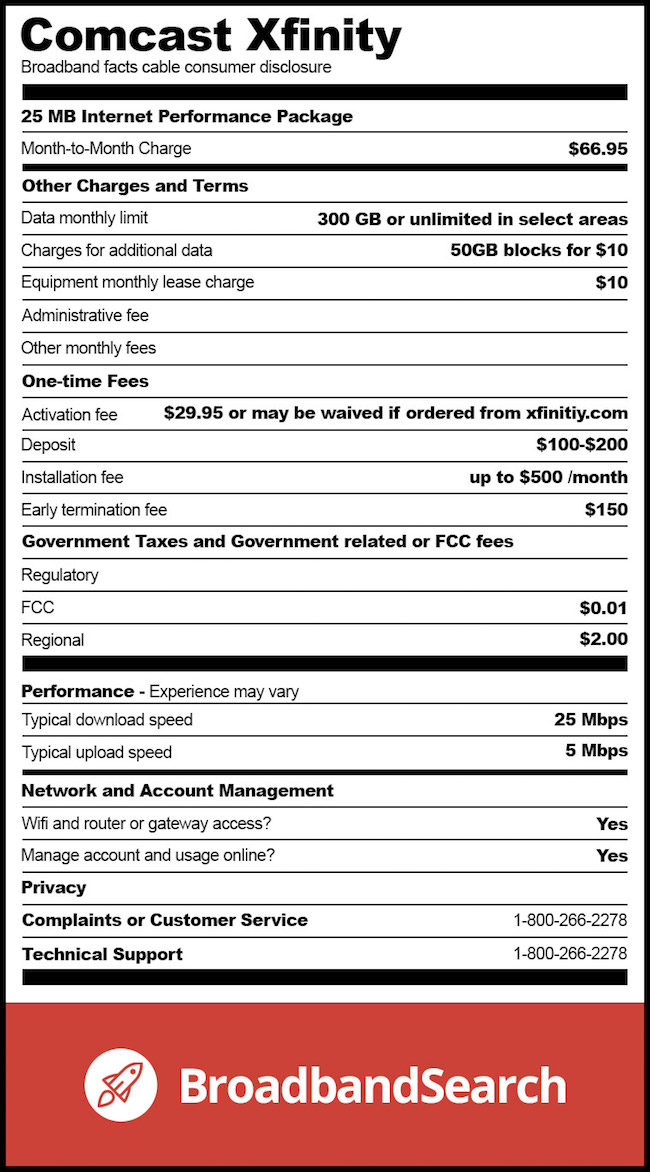HB 2108 Revised Passes Through Committee, Up For Vote In House Today
Republican Delegates in the Virginia House Labor and Commerce Committee advanced HB 2108 yesterday, despite opposition from constituents, local leaders, and members of the telecommunications industry. A revised version of Byron’s Bad Broadband Bill now heads to the House Floor today for a vote from the entire body.
A bill titled the “Virginia Broadband Deployment Act” by its sponsor now contains nothing about “deployment” but retains provisions forcing publicly owned networks to reveal proprietary information that limit competition. In the hearing yesterday, President and CEO of the Roanoke Valley Broadband Authority (RVBA) testified that this bill is overkill:
In front of the committee, Smith argued the Virginia Freedom of Information Act stipulations already codified in the Wireless Services Authority Act are sufficient and the new requirements in Byron’s bill could require the broadband authority to reveal proprietary information about its customers.
Under this bill, the broadband authority could have been forced to reveal information about Meridium — that GE Digital was planning to purchase the Roanoke-based company for $495 million, Smith said.
“There’s nothing hidden under the table,” Smith said. “The Wireless Services Authority Act is sufficient because you all did your job in 2003.”
The broadband authority’s rates, books and board meetings already are open to the public.
Our Christopher Mitchell noted that the attempt to force publicly owned networks into a state of "ultra-transparency" was also a thinly veiled attempt to ward off competition from potential public-private partnerships:




